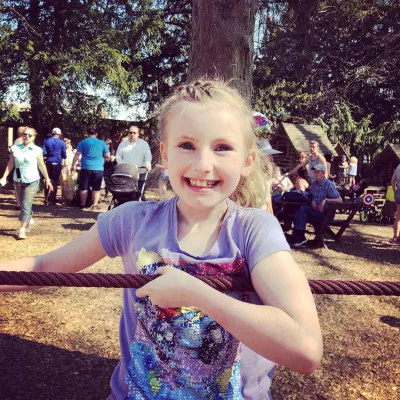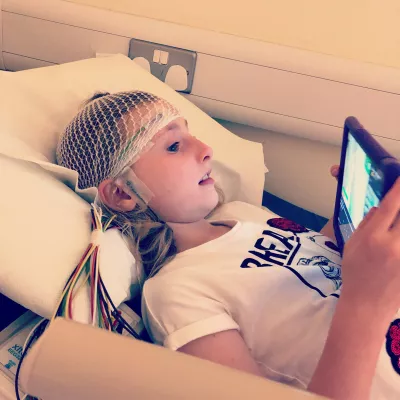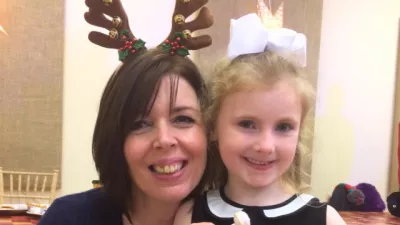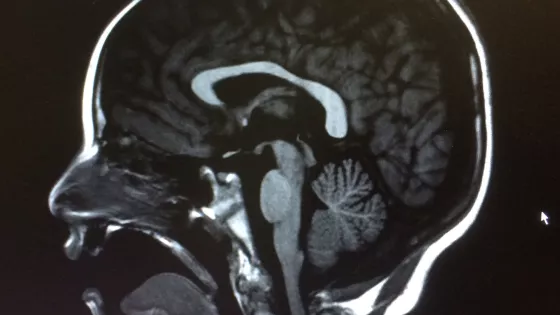For any parent, seeing your child face unexplained health issues is terrifying. It was a journey filled with uncertainty for our family when my daughter Lexi began showing signs of epilepsy. What started as brief moments of her zoning out – periods when she seemed absent from the world around her – quickly became a concern. But it wasn’t easy to get answers.

Lexi is a bright and lively 14-year-old who also lives with a moderate learning disability. Early on, I suspected that her sudden “daydreams” were actually absence seizures. Despite taking her to the doctor multiple times, we were told it was likely tiredness or just part of her behaviour. The school even blamed my parenting, dismissing the idea that anything was wrong.
It wasn’t until a speech and language therapist witnessed one of Lexi’s episodes that we finally got the help we needed. We were referred to a neurologist, and in July 2015, Lexi was diagnosed with epilepsy. That moment brought mixed emotions – relief that we had a diagnosis, but fear of the unknown ahead.
After the diagnosis, we were left feeling lost and overwhelmed.Lexi's mum, Sarah

Post-Diagnosis – lack of support
Thankfully, Kirsten, an epilepsy nurse, stepped into our lives at just the right time. Kirsten became our guiding light, helping us navigate this complex condition. She visited our home, patiently explained Lexi’s epilepsy, and made sure we understood every aspect of the diagnosis. She was our advocate with the medical team, ensuring our concerns were addressed, and gave us the confidence to ask the right questions.
The next few years were a challenging period for Lexi. She tried several medications, each with its own set of side effects. Some were difficult to manage, like hair loss, but through it all, Kirsten remained by our side. She was the bridge between us and the doctors, translating complex medical terms into something we could comprehend, and providing us with emotional support.
Although Lexi continues to have frequent absence seizures, which affect her schooling and daily life, the unwavering support we once had has lessened. It often feels like we’re navigating this journey alone, which is why the support we’ve received from Young Epilepsy has been crucial. They’ve provided us with the resources, community, and understanding that we needed during some of the hardest times.
Recently, we discovered Young Epilepsy’s virtual youth club. It’s a chance for Lexi to connect with other young people who understand what she’s going through. This sense of belonging is something we’ve longed for, and it’s given us renewed hope.

My advice to other parents
For any family who’s just received an epilepsy diagnosis, my advice is to reach out for support. Find organisations like Young Epilepsy, connect with other families, and never stop advocating for your child. The journey may be tough, but with the right resources and community, you can find your way forward.
How you can help this Christmas
This Christmas, I ask you to consider supporting Young Epilepsy’s appeal. Your donation will provide essential services and support to children and young people like Lexi, ensuring they have the information, tools, and care they need to thrive.
This Christmas, give the gift of hope to families when they need it most


